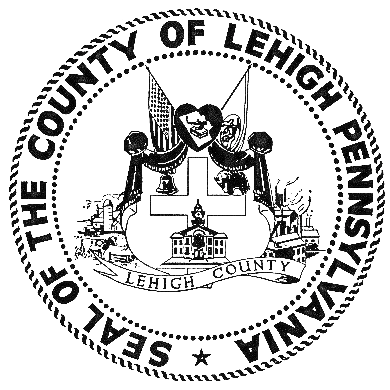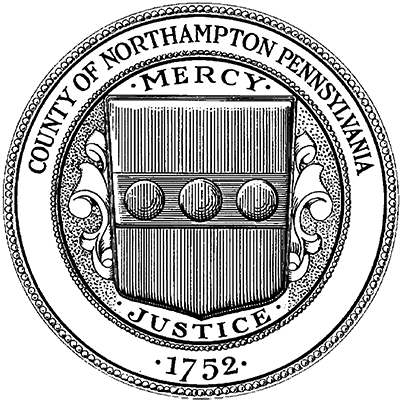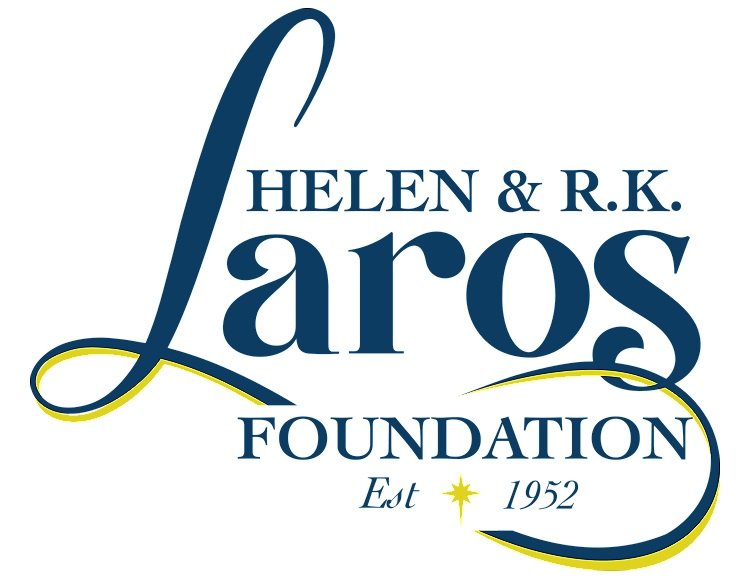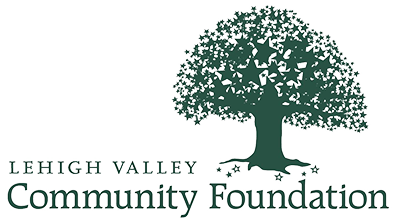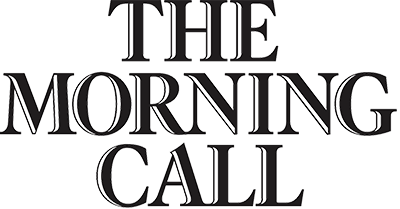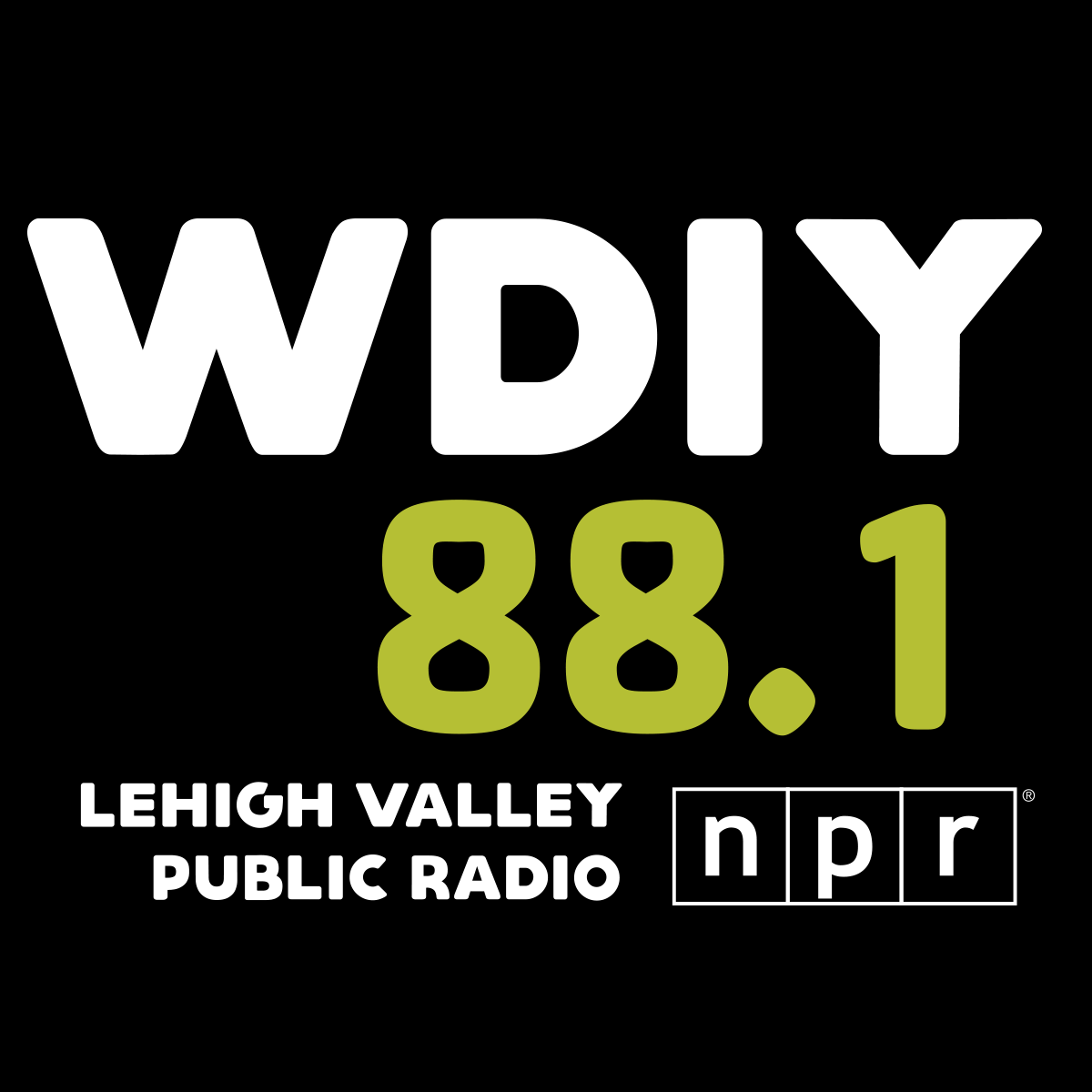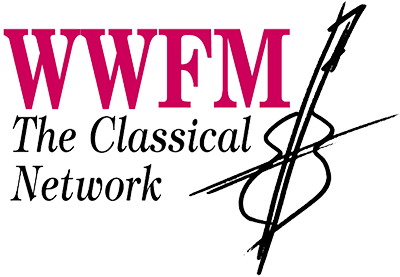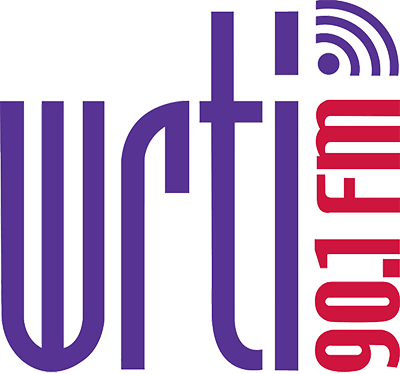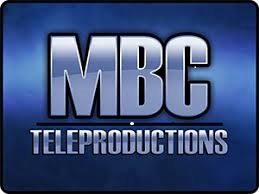Apologies for the lack of recent posts – your blogger’s day job has been quite hectic of late! Since I last wrote, we had a wonderful Bach at Noon in October, in which Greg Funfgeld and Robin Kani offered a beautiful flute sonata, and soprano Agnes Zsigovics sang a fantastic Vivaldi motet. A capacity crowd ate up the beautiful music-making. Also, for our annual Gala, we hosted the Swingle Singers, who wowed everyone with their flawless intonation, endless creativity, and masterful execution. The audience skewed a little bit younger than usual, and there was lots of energy, and a wonderful sense of audience support. It was a grand night, and we achieved our budget and attendance goals.
Members of The Choir are preparing for our last few events of 2012: Bach at Noon, this coming Tuesday, Bach to School soon thereafter, and, finally, our 2012 Christmas Concerts, which pair Bach’s euphoric Magnificat with Benjamin Britten’s rarely-performed and absolutely stunning dramatic cantata, St. Nicolas. I’ll write more about those concerts soon, but in the meantime, a few thoughts about the upcoming Bach at Noon.
The program will begin with two titans in our orchestra taking the spotlight in Vivaldi’s fierce Concerto for Two Celli in G Minor, RV 531. We’re familiar with the work of Loretta O’Sullivan and Deborah Davis as two of the rocks who make up our basso continuo section (which also includes Charlotte Mattax-Moersch and Tom Goeman on organ, Chuck Holdeman on bassoon, and Steve Groat on bass). Bach at Noon audiences have long admired Loretta’s playing, having heard her featured in Beethoven cello sonatas, and her stunning performances of the Bach suites. Loretta has an impressive CV, and she never fails to wow audiences in Bethlehem. Her colleague, Debbie Davis, is also a fantastic cellist, and I’ve had the privilege of collaborating with her on repertoire as diverse as Bach, Pergolesi, and Messiaen. I’ve also seen her perform the challenging Brahms sonatas, with enormous sensitivity and aplomb. She’s an extremely empathic and wonderfully collaborative musician, and Loretta and Debbie make a formidable team. What a treat to hear them tackle the Vivaldi concerto.
Vivaldi wrote scores and scores of concerti, and RV 531 begins with a particularly fiery opening movement, a kind of perpetuum mobile, with the two cellists trading swift passages and duetting. It’s extremely exciting music, and a wonderful overture to the day’s program. In the second largo movement, the fire is traded for lyricism, and the two celli duet in highly ornamented obbligatos. The last movement begins with a zest similar to the first movement, and contains even more cello pyrotechnics, with colorful parts from the entire string ensemble. I’m delighted to see Loretta and Debbie highlighted in this performance. They’re often part of the group of instruments who provide the musical foundation for our performing forces, and they do so with unswerving generosity and solid technique. This concerto will be a real treat.
Extolling the virtues of a different kind of foundation, Bach’s Cantata No. 80, Ein’ Feste Burg, sets Martin Luther’s famous chorale tune, “A Mighty Fortress Is Our God.” Clearly, the Protestant Reformation got Bach’s creative juices flowing, and he responds to this them with one of his most epic cantatas. I am going to punt, here: dissertation-length works have been written about the first movement alone, not to mention all the exciting arias and chorales that follow. This cantata is overwhelming, and sees Bach at the height of his contrapuntal powers. It’s taken a lot of rehearsal with The Choir (as well as numerous session in my office, plunking out the bass part on the piano) for me to master my part, and I imagine it’s similar for the other singers. We sang this piece last May at the Festival, and I’m glad that our Bach at Noon audience will have an opportunity to enjoy its grandeur. Plan to arrive when doors open at 11:30 am to get a good seat!





